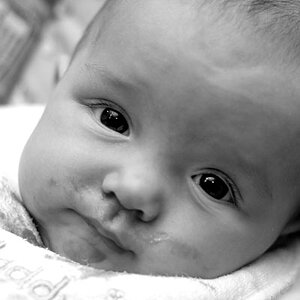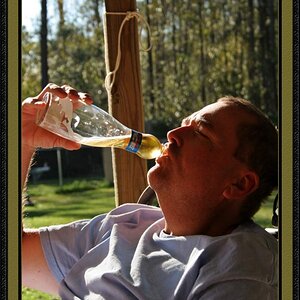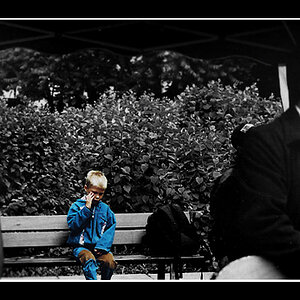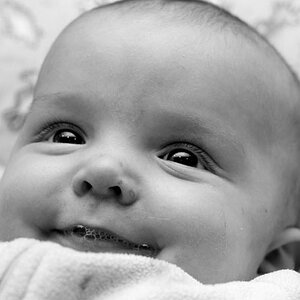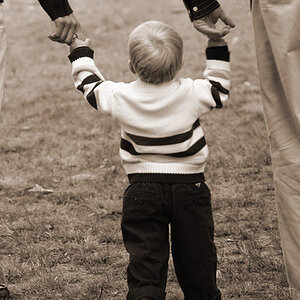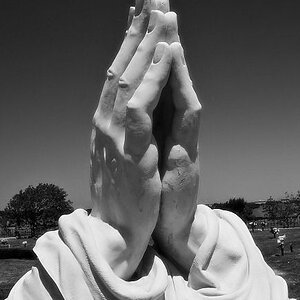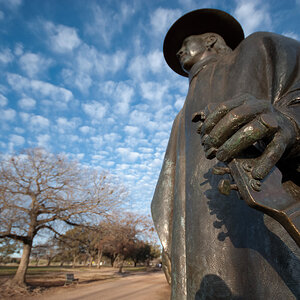skieur
TPF Noob!
- Joined
- May 14, 2007
- Messages
- 5,071
- Reaction score
- 204
- Location
- Canada
- Can others edit my Photos
- Photos OK to edit
How do you deal with a security cop who comes up to you and says that you cannot take a photo of a particular famous building or structure because it is copyrighted?
skieur
skieur
Last edited:


